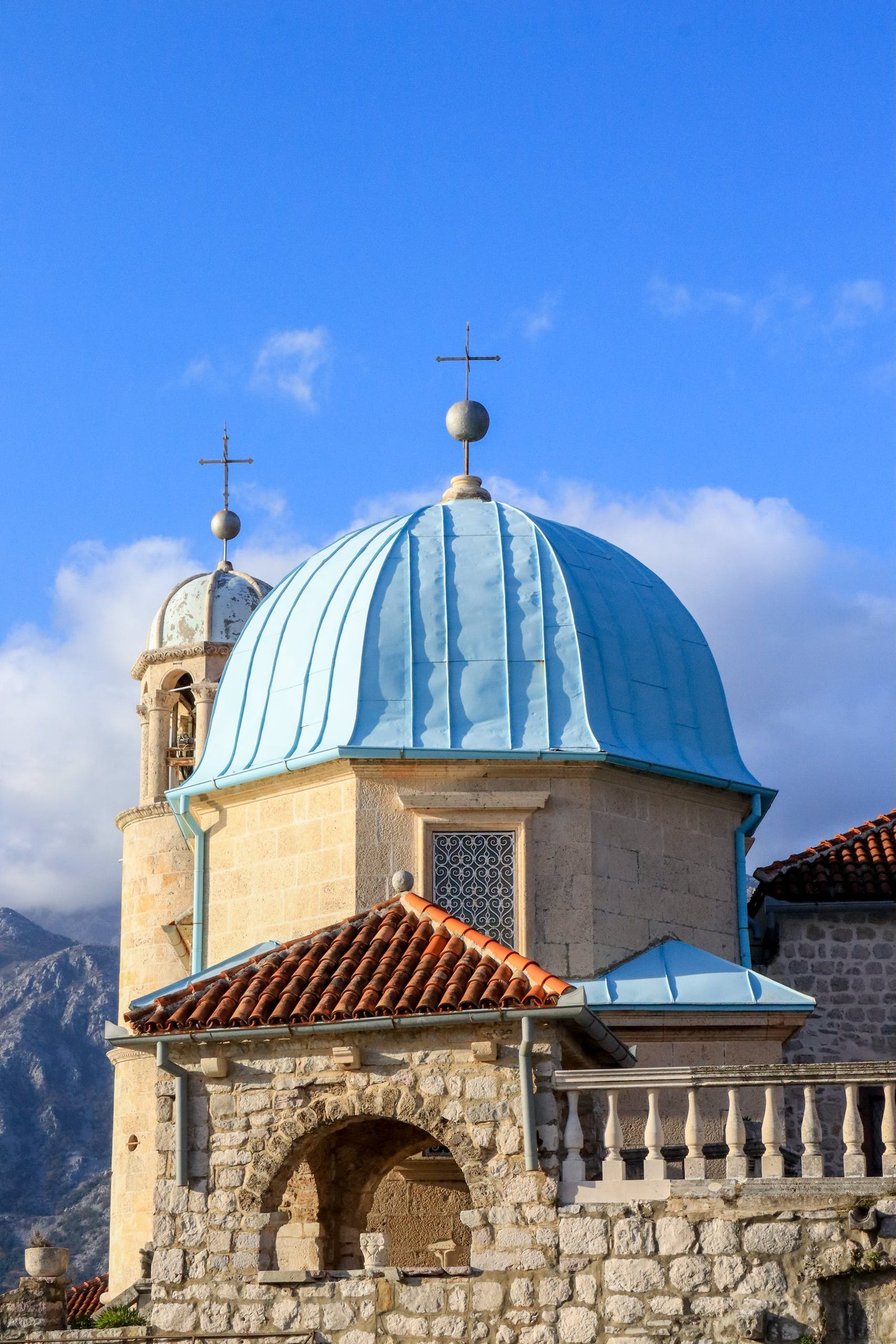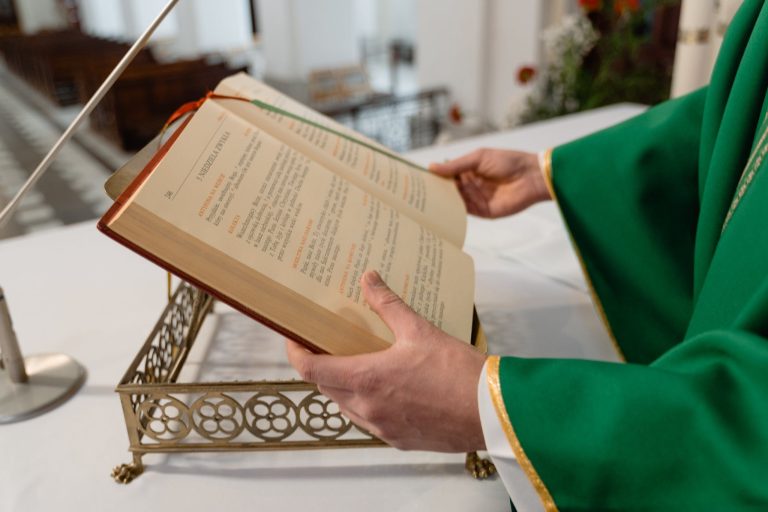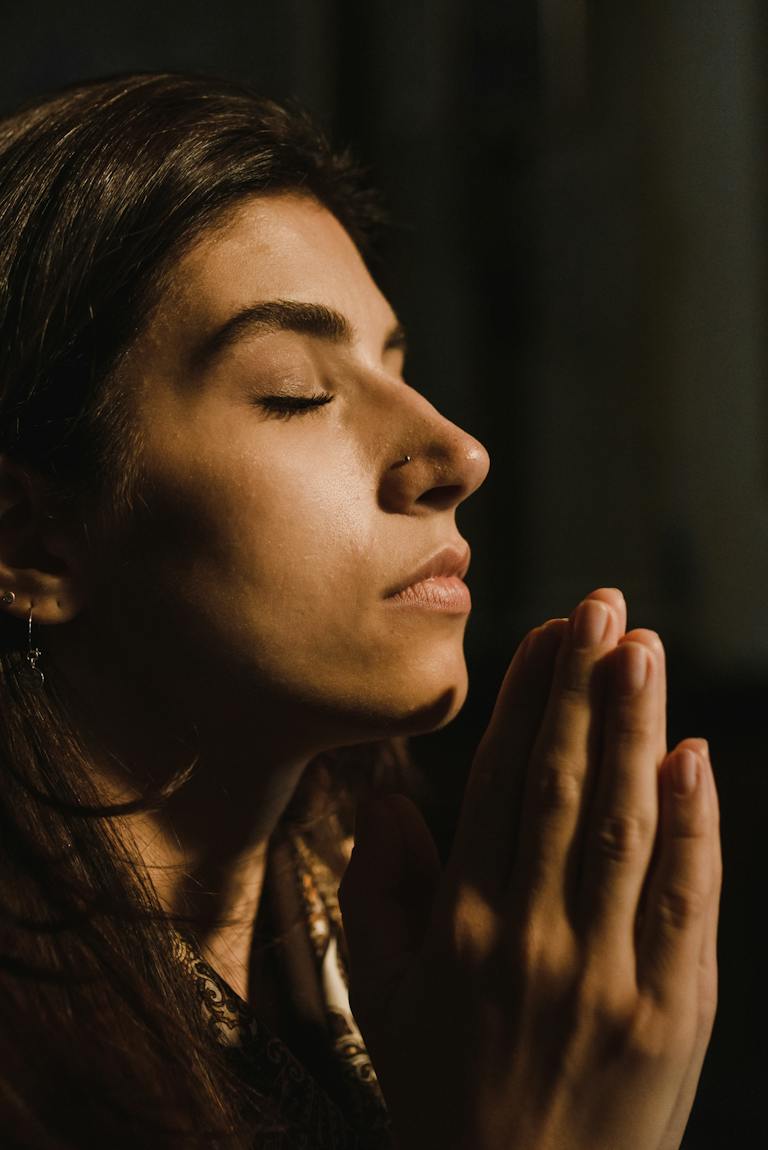Protestant vs catholic: The differences and Similarities
As a pastor, I frequently receive requests from both my congregation and the surrounding community to outline the main theological and historical differences between Protestantism and Catholicism. This is an extremely complex topic with a long, intricate history.
In this extended blog post, I’d like to offer an in-depth pastor’s perspective to help everyday Christians truly understand the Catholic vs. Protestant divide.
| Area | Protestant Beliefs | Catholic Beliefs |
|---|---|---|
| Authority | Bible alone is final authority (sola scriptura) | Bible + teachings of Catholic magisterium and Pope have authority |
| Salvation | By grace alone through faith alone in Christ alone (sola gratia, sola fide) | Grace + faith demonstrated through good works & participation in Catholic sacraments |
| Role of Works | Works are result of genuine faith; not needed for salvation | Good works are necessary for salvation in cooperation with God’s grace |
| Scripture | Divinely inspired word of God | Divinely inspired word of God |
| Jesus Christ | Fully God and fully human, the only means of salvation | Fully God and fully human, the only means of salvation |
| Sacraments | Vary by denomination; some recognize as few as two | Seven sacraments provide grace needed for salvation |
| Church Unity | Fractured, many denominations with differences in non-core beliefs | United under leadership of Catholic magisterium and Pope |
The Fundamental Issue of Authority
At its core, the fundamental difference between the two branches of Christianity lies in the issue of ultimate spiritual and earthly authority.
The institutional Catholic church, with the Pope serving as head and the bishops serving as teachers and apostles’ successors, is the ultimate source of authority in Catholicism. Catholics believe Jesus passed on apostolic authority to chosen successors, preserving a direct line of authority from Christ to Peter as the first Pope, continuing to the present in something called “apostolic succession.”.
In contrast, Protestantism believes final and supreme authority lies in the scriptures alone (a doctrine known as sola scriptura). While certainly respecting church tradition spanning centuries, Protestants affirm the Bible as the sole and final infallible authority on all matters of Christian faith and practice.
Flowing from this central issue of spiritual authority is a differing perspective on who has the authority to correctly interpret and teach the truths of Christianity.
Catholicism invests this interpretive authority in the teaching office of the Catholic Church, known as the magisterium. This body, under the leadership of successive Popes, upholds religious unity over time.
In Protestant thought, ultimate interpretive authority lies with the individual believer’s understanding of the scriptures guided by the Holy Spirit. Since sincere Christians interpreting scripture can arrive at somewhat different conclusions about secondary doctrines, Protestantism has historically tended to fracture into different denominations with varying interpretations on some non-core issues.

Contrasting Views on Justification and Salvation
Arising from this fundamental issue of authority are significant theological divides between Catholics and Protestants related to key questions like “How is a person saved and justified?”
In Catholic theology, the process of justification (how sinful human beings are made righteous before a holy God) begins with the free gift of God’s grace imparted via baptism, even for infants. From there, justification is increased throughout one’s lifetime by cooperating with that grace through faith and love demonstrated in good works. Catholics participate in securing grace needed for heaven by accessing the seven Catholic sacraments, good works, and obeying the teachings of the Magisterium.
In stark contrast, the Protestant Reformers championed the doctrines of sola gratia (salvation by grace alone) and sola fide (salvation through faith alone in Christ), teaching that fallen humanity is justified solely by God’s grace accessed through genuine faith in the finished work of Christ on the cross, apart from any human effort or merit. Good works and spiritual fruit are seen as automatic evidence of real inward faith—not a means to access saving grace.
Surveying the Historical Emergence of Protestants During the Reformation
This theological fault line emerged with volcanic force during the tumultuous Protestant Reformation, spanning roughly 1517-1648 AD.
Seeking to reform wayward Catholic religious practices he saw as contradictory to scripture, Martin Luther sparked the revolution in 1517 by publishing his 95 Theses. Yet, what began as a call to reform soon evolved into full-fledged revolt and defiance—especially after Luther’s teachings were declared heretical. Momentum swept across Europe, giving birth to the Protestant movement.
These issues of spiritual authority and salvation by faith alone, apart from works, served as the rallying cry for radical change. Reformers like Luther, John Calvin, and others vocally protested and declared independence from various unbiblical Catholic positions and traditions. They sought a return to faith founded on scripture alone.
Thus, “Protestants” were given their name because of their impassioned protests against Catholic doctrine and papal claims of authority over government, science, and education—in addition to spirituality per se. They argued that ultimate authority rested in scripture, not an ecclesial hierarchy. The integrity of each believer’s personal relationship with the Lord came to define genuine Christian faith.
The Reformers translated scripture from Latin into common tongues to empower lay access to God’s word. As people read the Bible for themselves, new Protestant denominations emerged according to slightly different scriptural interpretations on secondary issues.
Sadly, this period between Catholics and Protestants proved extremely bloody and violent as both sides clung unflinchingly to their respective convictions. The theological crisis brought political upheaval impacting governments, rulers and citizens across Europe for over a century. Ultimately millions lost their lives in wars and conflicts sparked by the Reformation fire.
Finding Common Ground While Gaining Understanding Across Traditions
Despite these enduring theological and historical divides centered on authority and justification, it’s vital for Catholics and Protestants today to focus on the Christian essentials we share in common. Both affirm belief in Jesus Christ as fully God and fully human—the unique Son of God and only mediator between God and humans. We share belief in Christ’s atoning death on the cross for human sin and affirm His literal, bodily resurrection, as evidenced in the New Testament.
Both Catholics and Protestants uphold the inspiration and life-transforming power of scripture. When it comes to ethics, we stand united on core moral issues such as the dignity of all humans, marriage and sexuality, justice for the oppressed, care for immigrants and the poor, abolition of racism, and other weighty matters.
My hope as a pastor is that gaining perspective on the complex history and theology fueling the divide between Protestantism and Catholicism can foster understanding, not contention. This long-standing rift centered on authority and salvation cannot be trivialized, but charity and grace can empower thoughtful dialogue rather than defensive battles.
Above all, we must humbly admit that all Christians continually struggle to interpret and live out Biblical truth accurately across all denominations and theological persuasions. Protestants have as much to gain by thoughtfully considering the writings of Catholic saints and mystics as Catholics can benefit from studying once-condemned Protestant Reformers like Luther or Calvin. I believe Christ’s true church consists of all born-again believers, not one institution alone. The bride of Christ mysteriously manifests across all cultures globally, bound imperfectly though earnestly to our Groom despite centuries of conflict between factions.
It’s easy to judge those different from us. Yet, true wisdom and maturity as Christians means having eyes to acknowledge the common ground beneath our feet while engaging perceived opponents with grace-filled understanding in order to learn. There is room for growth for all. May we pursue truth guided by the Holy Spirit of grace and love.







